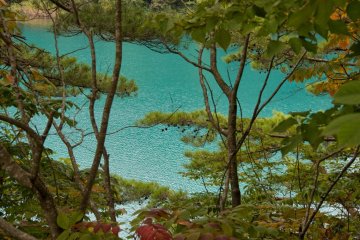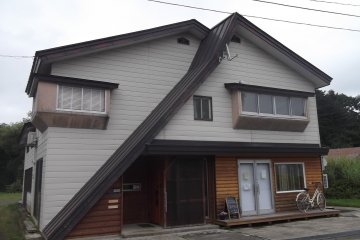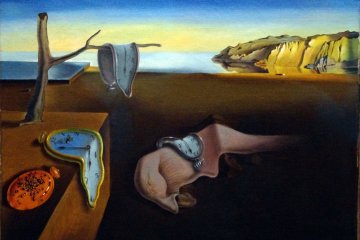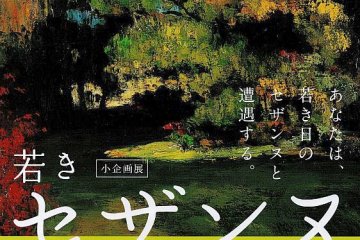
The Amazing Hues of Goshikinuma
Sandro BernardinelloGoshikinuma is a pond dotted area on the Bandai Highlands. Famous for the deep colors of their water, you can easily explore the area walking along an easy trail.

The colorful ponds and lakes in Fukushima, known as Goshikinuma, were created when Mount Bandai erupted over a century ago. Influenced by the volcanic elements and minerals, each body of water has its own distinctive color, these hues intensified by the change of the seasons and can be changed.
Rowboats can be rented at the largest pond, Bishamon-numa, and large numbers of carp can be seen swimming. Be sure to watch out for the rare species of carp with heart-shaped spots on the side that is believed to bring good luck! Since the volcanic eruption, Goshikinuma has become a popular travel destination.
A hiking trail about four kilometers long from Lake Bishamon, the largest of the five lakes, to Lake Hibara offers people a wonderful view of all five lakes.

Goshikinuma is a pond dotted area on the Bandai Highlands. Famous for the deep colors of their water, you can easily explore the area walking along an easy trail.

Out of a deadly volcanic eruption in July 1888, came the beautiful and surreal colors of the Goshiki-numa or Five-Colored Ponds

In the countryside of Fukushima Prefecture in northern Japan, Second House is a small, friendly guesthouse, offering inexpensive accommodation to travelers to this beautiful area.

Tucked away in the mountains of Fukushima Prefecture, Hoshino Resorts Nekoma Mountain is a rare spring destination where travelers can enjoy both deep powder and cherry blossoms in the same trip.

A special exhibition at Fukushima's Morohashi Museum of Modern Art explores the connection between Salvador Dali and a number of Japanese avant-garde painters including Ichiro Fukuzawa, Hamao Hamada, and Iwami Furusawa.

"Challenge of Young Cezanne" is a special exhibition taking place at Fukushima's Morohashi Museum of Modern Art until November 29th. The event will focus on Paul Cézanne's (1839-1906) early works, with a central focus on "Open space in the forest" (1867).